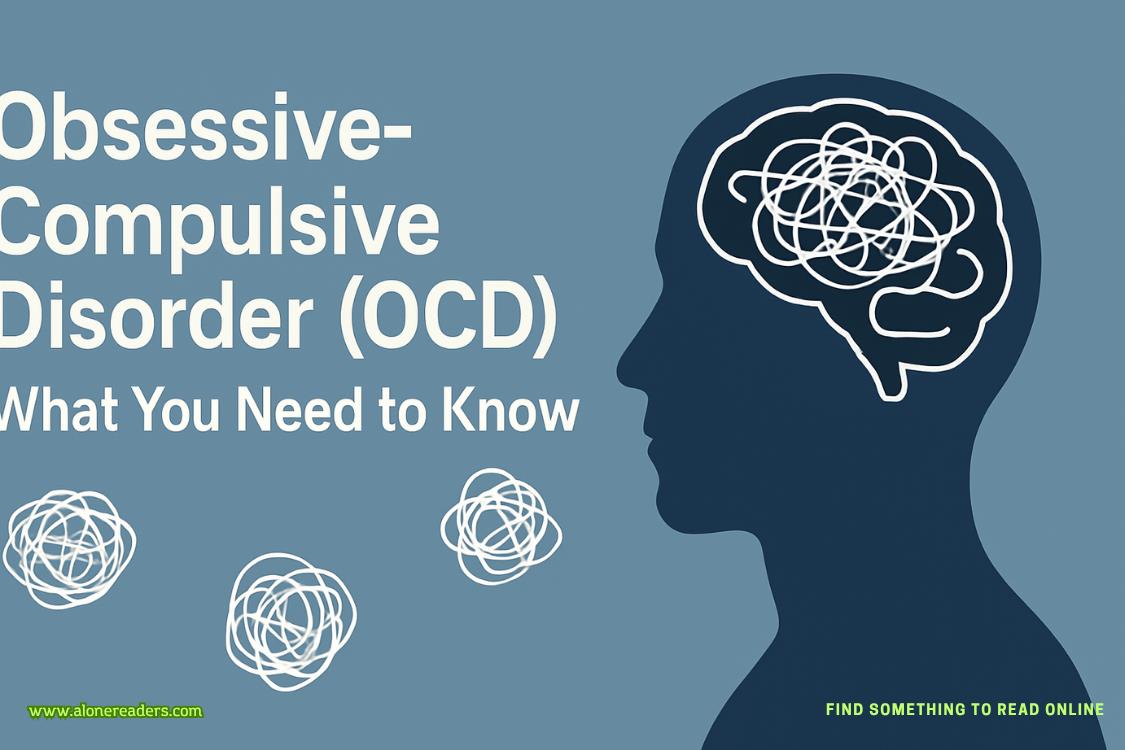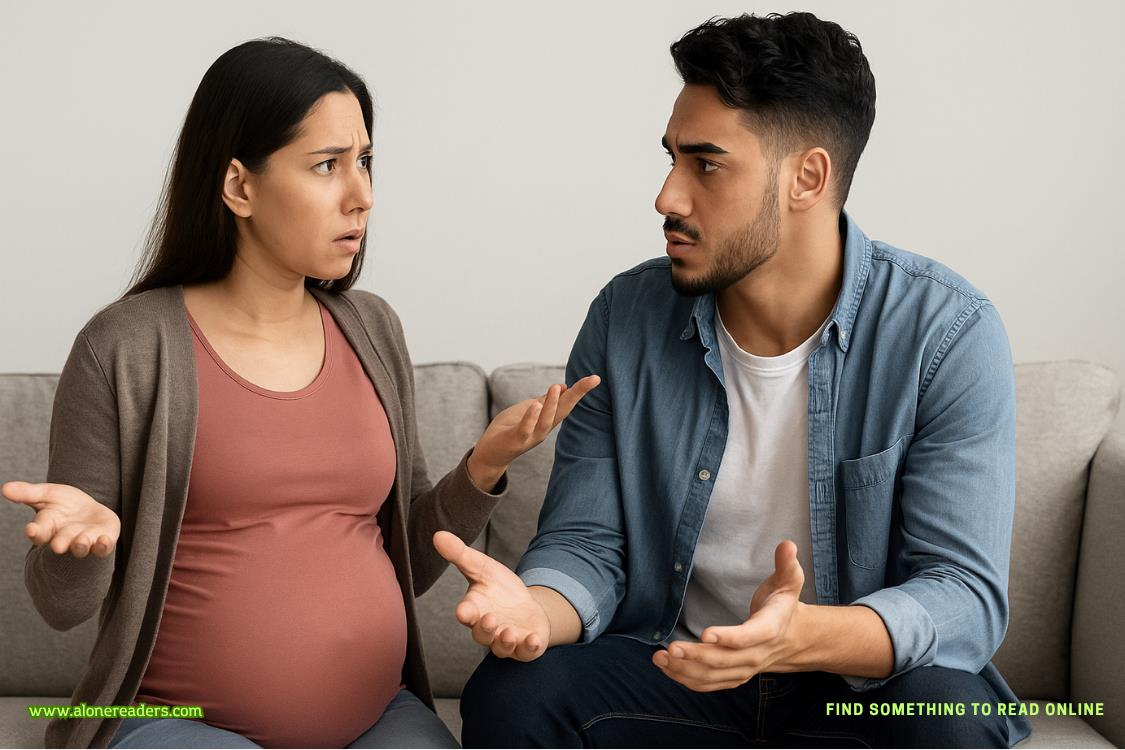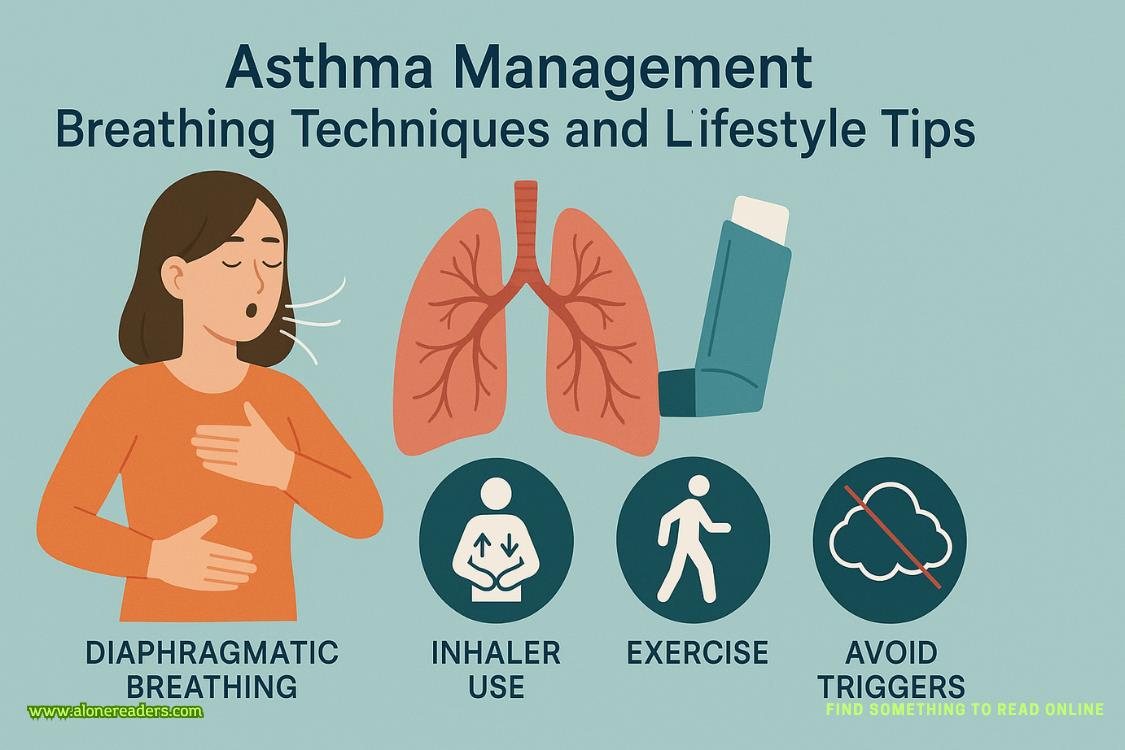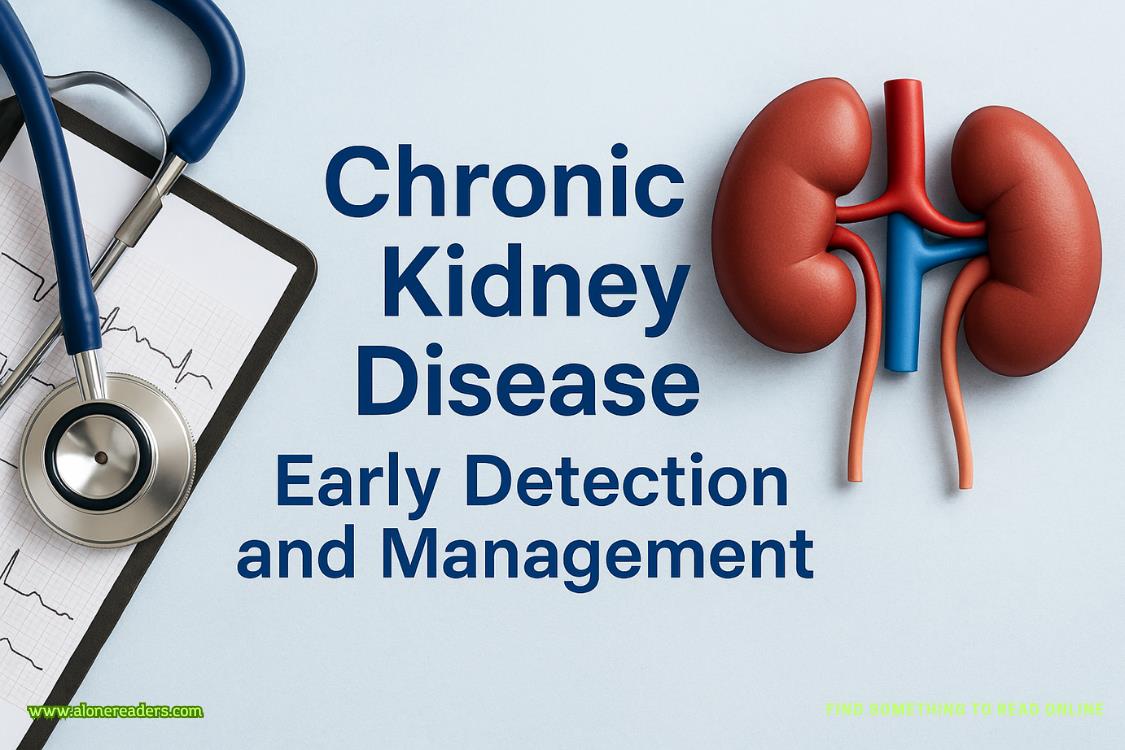Page 36 of No Man's Land
“Hardly that.”
“Folklore, then.”
“Yes, some of it—but not all. And so, the knights went out, and with the help of their Saxon hunters, tracked down every report of such creatures. Killed them, when necessary, made peace with those they could. Everything was recorded and brought back to Winchester—at the time, the greatest city in England.” He hesitated, as if considering how much more to say. “Over the centuries that followed, the Knights Winchester and the Wild Hunters maintained their watch.” He met Josef’s sceptical gaze. “And we maintain it still, the knowledge and responsibility passed down to the second son in every generation of the knight’s family.”
Josef stared at him. “You expect me to believe this codswallop?”
“The man you saw today, in the mortuary, died in Flanders. His body was infected by a… a creature woken by the cacophony of war. A creature that feeds on horror and violence.” He met Josef’s gaze, serious as stone. “A ghoul. They’re haunting the battlefields, the trenches, and foxholes of no man’s land… The soldiers call them wild men. They believe they’re deserters and suchlike who live beneath no man’s land, creeping out from abandoned trenches and tunnels to scavenge iron rations from the dead. Or to cannibalise them. You must have heard the stories.”
“I’ve heard them. I don’t believe them.”
“As with most myths, they’re part invention and part truth.”
“I’ll tell you what I think. I think it’s easier for soldiers to believe in wild men than to accept that the cries they hear at night are friends dying alone and in agony behind the wire.”
Alex conceded that point with a nod. “It’s certainly easier to tell ourselves stories when the truth is too difficult to believe.”
“And which of us is doing that?”
“You saw the body today. You saw its eyes.”
Having no answer to that, Josef remained silent.
Alex said, “Whatistrue is that the ghoul have reached London. As to why they left the battlefield, I’m not sure. But something drew them away from their natural haunt. Something brought them here.”
Josef glanced away, out onto the street. The fog had lifted a little, the other side of the road now visible through the mist, but his mind’s eye was back in Poperinge. Should he tell Alex what he’d seen—what he thought he’d seen— outside the hotel that night?
Across the table, Alex sat up straighter. “What is it?”
Shaking his head, Josef lifted his beer and took a frowning sip. Once he’d set it back down, he said, “I don’t believe any of this bollocks…”
“But?”
He scowled, shifting uncomfortably on his seat as he tugged on the long sleeves of Alex’s cardigan, pulling them past the ends of his jacket and around his cold fingers. Reluctantly, he said, “I’ve seen him before.”
“Who? Sykes?”
He nodded. “In Pops.”
Alex’s attention sharpened palpably. “What do you mean?”
“He was outside the hotel when we…” He cleared his throat. “I couldn’t sleep, so I got up, and I saw him. I mean, at the time I thought my eyes were playing tricks. But I saw his eyes, that same uncanny blue. They almost glowed in the dark. He was watching the hotel.”
“Christ alive,” Beaumont breathed. “Why didn’t you say?”
Josef laughed. “Why would I? I assumed it was… It probablywasjust a bloke smoking a fag.”
“The photograph was still in your camera,” Beaumont said. “Even undeveloped, it was powerful enough to draw the creature to you.”
“The photograph?”
“There’s a certain power in images.” He cocked his head. “But you know that, don’t you?”
“That I do, but it’s nothing supernatural. The power of a photograph lies in the truth it tells.”
Alex smiled. “Yes, correct. And the one you took of Sykes at the front would have captured the presence of a ghoul. You would have seen it had you developed it.”
Josef made no answer to that, thinking about the strange ghostly image around Sykes’s face in the photograph hehaddeveloped. A double exposure, he’d assumed...
- His to Command by Emma Bray
- Detention with Daddies by Sofia T. Summers
- Daddy's Heart by Dani Wyatt
- Tarnished Hands by T.L. Smith
- The Way We Win by Tia Louise
- Tracked By Hound by Cassi Hart
- Until Presley by E.M. Shue
- Love in Excess by N. Slater
- The Madness Within by Raja Savage
- Greek's Enemy Bride by Caitlin Crews
- Taken by Lena Little
- Maddox by Piper Stone
- Property of Madman by Sapphire Knight
- Sacrificing Zoriah by Emily Klepp
- Omega's Triplets by J.L. Wilder
- Tag by Natalie Bennett







